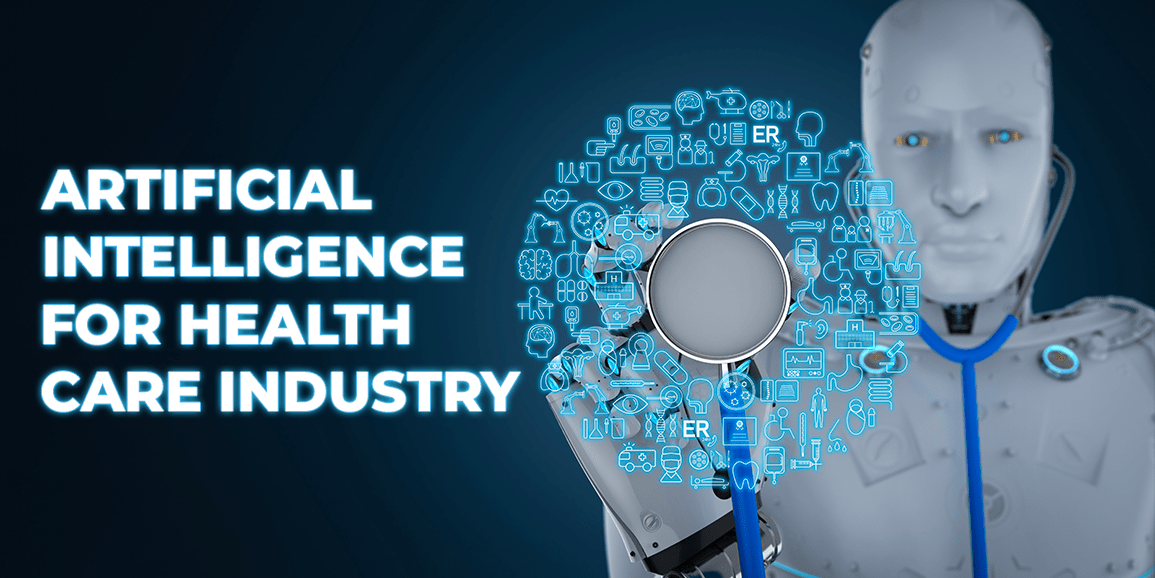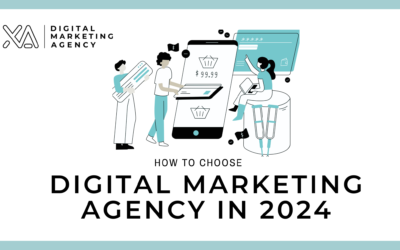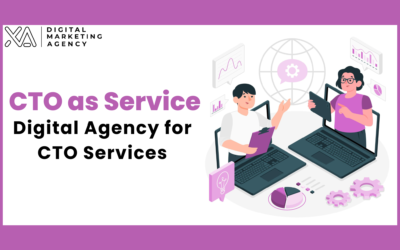
Artificial intelligence is seeing growth by leaps and bounds; even healthcare has made wide use of applications for machine-driven automation. Healthcare practice could be improved for the better with the use of AI in healthcare and ML.
There are many benefits to using AI in healthcare, like faster detection of disease, personalized plans, and automating certain processes such as the diagnosis and discovery of new drugs and medicines.
Embark on a journey through the profound influence of AI in the healthcare sector. This comprehensive exploration delves into the ways artificial intelligence is redefining the landscape of healthcare, from precision medicine and diagnostics to personalized treatment plans.
AI promises to be effective in improving outcomes for patients and making safety uncompromisable. Also, AI could automate day-to-day operations to make the cost of healthcare delivery lower. thus improving efficiency in medical firms and organizations.
These are the following benefits of healthcare enhanced with automation intelligence:
1. Early adoption and diagnosis of diseases
Using Machine learning algorithms and ability to process large volumes of patient data, we can get useful information which can be used for early identification of disease like cancer, chronic illnesses, health failures, etc. In another way, we could say AI is going to be a lifesaver if and when used in medical devices.
Early detection and treatment that is appropriate for the disease is considered important to achieving desired health outcomes.
2. Lower overall cost for AI in Healthcare practitioners
Healthcare providers and medical caregivers are under constant pressure to lower costs and provide high-quality care. One of the ways to make this happen is through automation and AI.
Using AI, tasks and daily routine work that don’t require high cerebral work could be automated by AI, freeing up staff time for more important and critical ones.
Also, we can provide a more efficient diagnosis and treat patients in the best way possible. Tests and procedures that are unnecessary could be reduced, leading to an overall lower cost for healthcare providers. AI can give or recommend personalised treatment plans for patients, which ensures that patients get the best possible treatment, resulting in better health outcomes and lower costs.
3. Improving data management for Clinical professionals
Healthcare experts are keen to move towards digital health. But their is the problem of data management and not getting overwhelmed with raw data, which proves ineffective in adopting this concept of digital health. Today, medical practitioners have myriad medical devices that provide data; without AI, implementing this data would become difficult. Machine learning smart algorithms can overcome this data overload and associated problems.
Using ML and AI, we can identify early patterns and gain insights by processing data. This could not have been possible to identify with the human eye immediately.
This is going to be a better way to get actionable data and do all of this without relying on human intervention.
Conclusion
AI in the healthcare industry can definitely reap the benefits of AI and automation to reduce cost make operations more efficient, and reduce the burden on working staff by catering to and giving more attention to patients than doing paper work, which is outsourced to automation-powered intelligence-powered software and done with ease and error-free. The hospital could see meaningful differences in the following ways:
-
-
- Healthcare analytics
- Medical diagnosis
- Tele health using AI-based chatbots
- Medical robots operated by AI
- Helpful in Hospital Management
- Cybersecurity of Hospitals based on AI
- Personalized healthcare with AI
-
Also, further to add, automation intelligence can leaps and bounds when it comes to error reduction in prescriptions and improving healthcare in under-resourced areas enabled by AI.




0 Comments